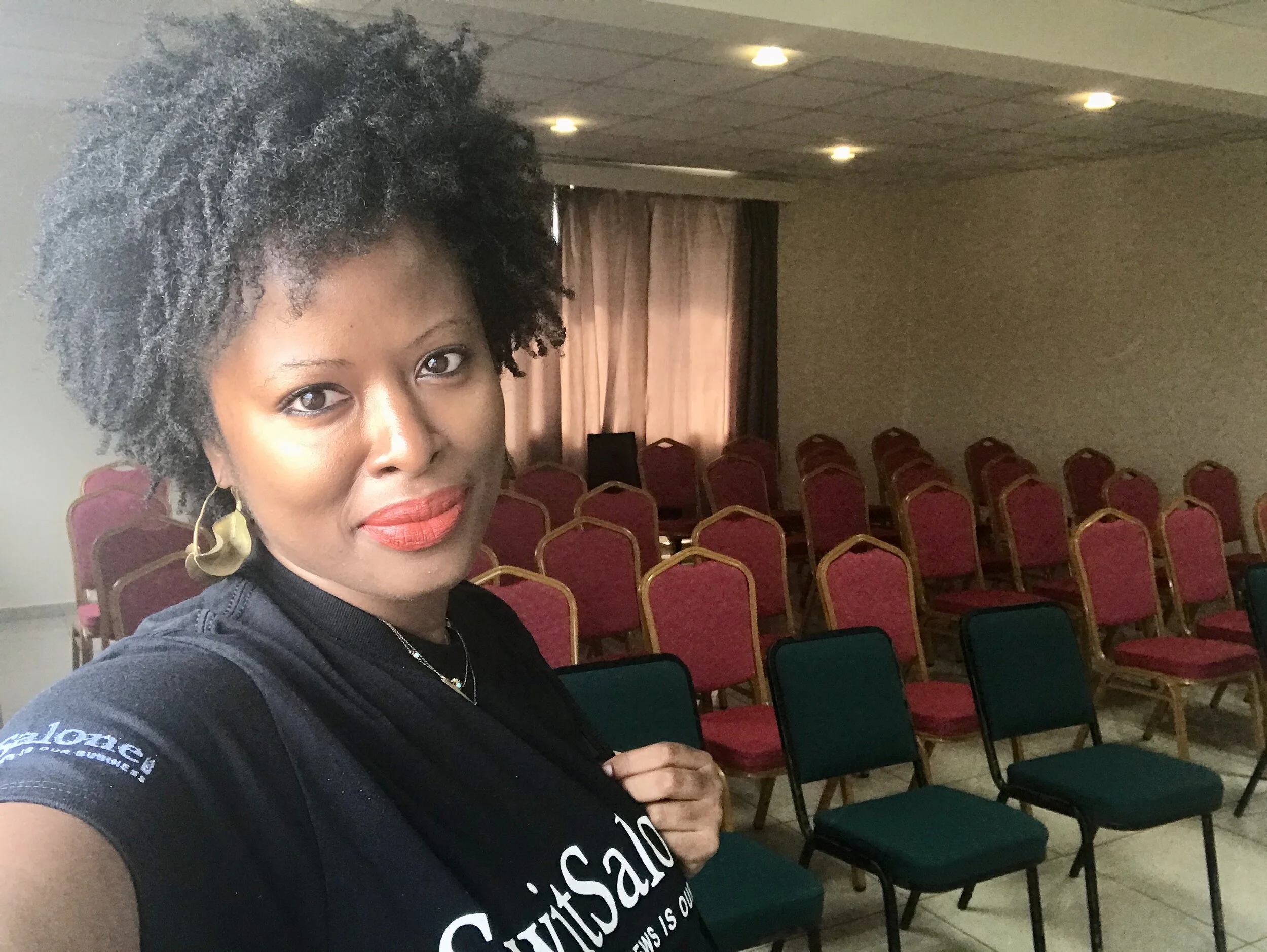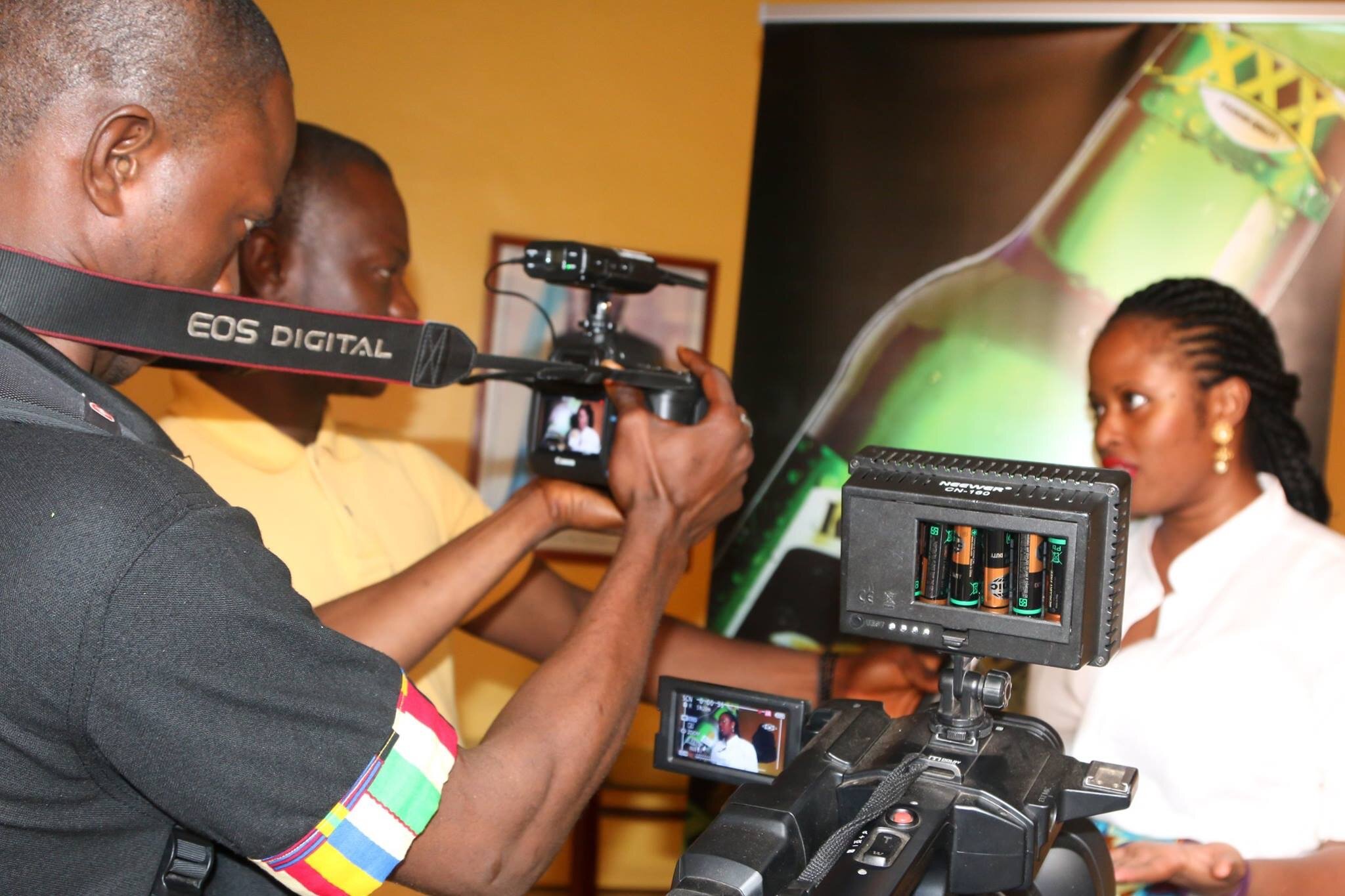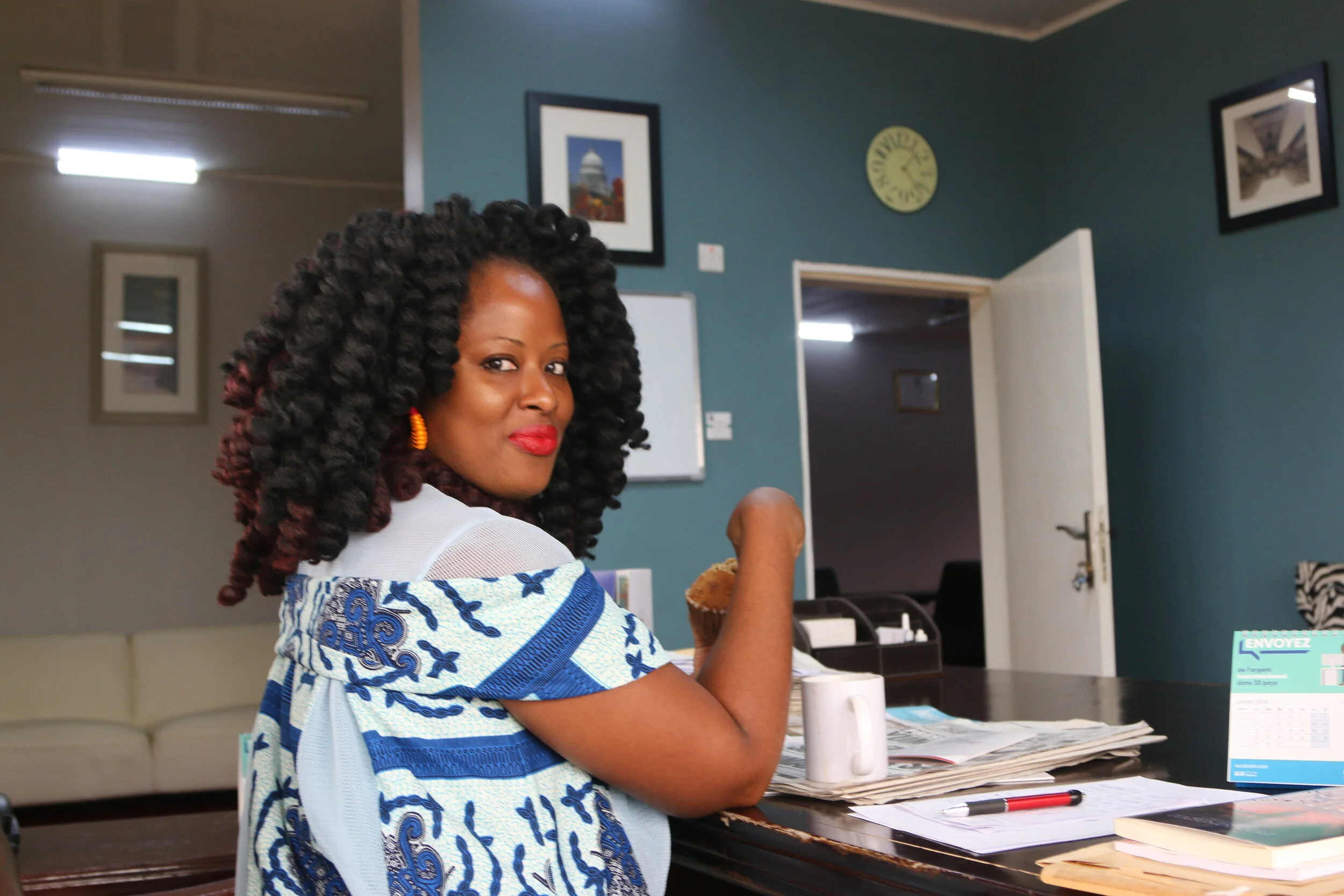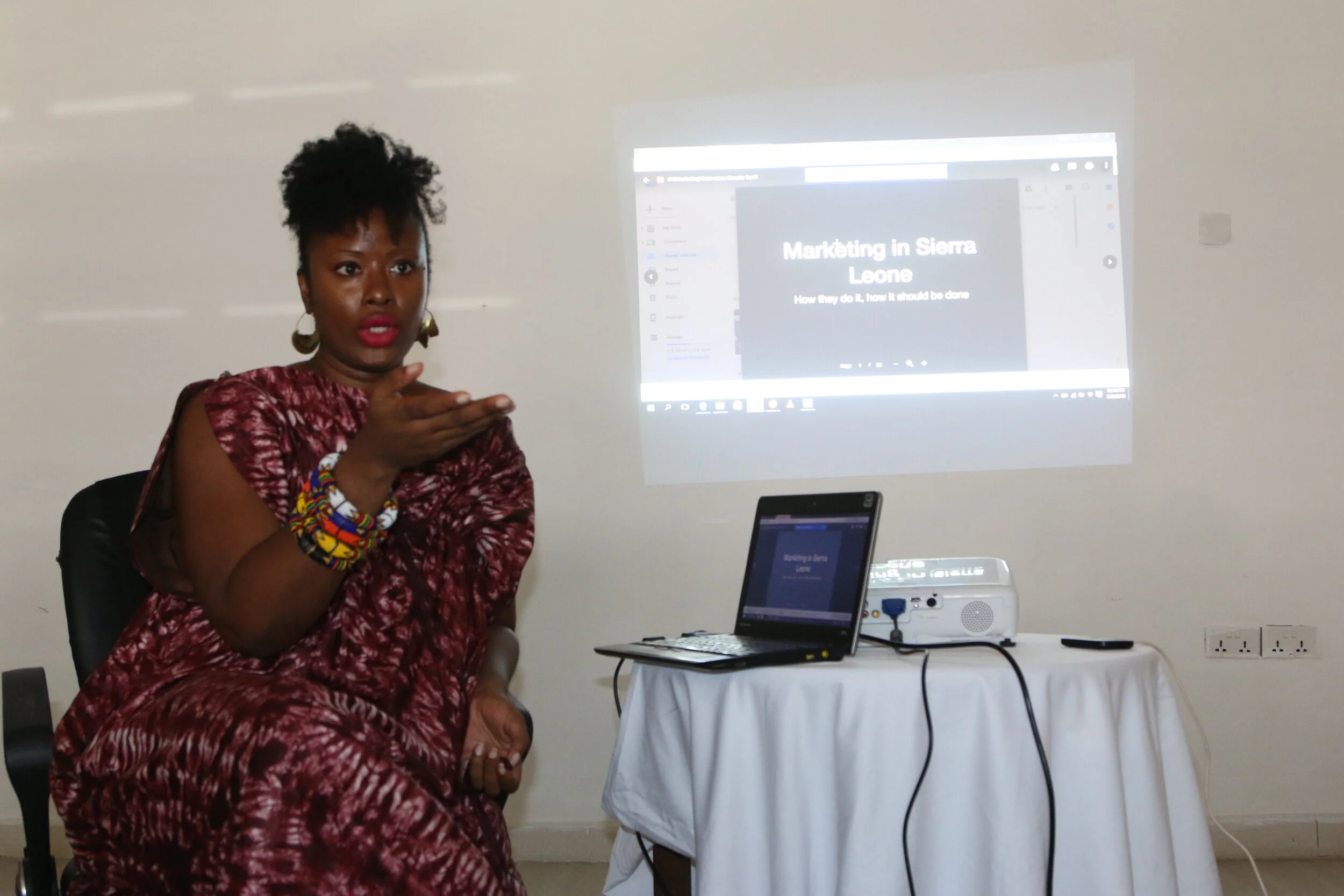Entrepreneurship in Sierra Leone: What You Need To Know About Clients, Contracts, and Corruption
Every startup entrepreneur in Sierra Leone will tell you this: I can't leave my business. Yet, I have not set foot in my company in 12 months. This September is five years since I launched my company in Sierra Leone while living in the diaspora. We are still a small boutique agency, yet we've managed national and international campaigns. We’ve built a company headquarters in Freetown without loans. And whether it is a Google search of marketing agencies in Sierra Leone or a referral request my company tops the list.
Even as we struggle to stay afloat through this second year of the Covid-19 pandemic, I’m proud of our growth. As there are very few resources online about entrepreneurship in Sierra Leone, especially from a woman’s perspective I’m sharing my insights and tips on clients, contracts, recruitment, and service delivery.
The Basics - Business Registration
Business registration is easy and efficient. If you have all your details in order you can start and complete the process in 72 hours.
The first thing you’ll need is a Memorandum and Article of Association (M&A). Wealthy startup founders hire lawyers to get the M&A done but you can also use someone else's M&A as a draft and edit it to fit. The Corporate Affairs Commission is the agency that registers businesses in SL. Once your business name is verified you then submit your M& A, shareholders (if you’re a limited liability company), and other forms. You can find their fees and forms here.
To complete your registration pay taxes to the central and city government, and sign up to make social security contributions for your team.
These locations are within walking distance of each other. It should not take longer than 2 - 5 business days to complete the entire process.
Clients
In Sierra Leone unsolicited proposals and cold calls are a waste of resources. Those who hired me found me through social media or through word of mouth referrals.
Content marketing on Facebook is my primary mode of lead generation. Business leaders in Sierra Leone use Facebook or have someone they trust on Facebook. On more than one occasion I was able to use Facebook to generate a lead and later convert the lead to a client.
Here is a true story.
One hot afternoon I was in the central business district on an errand. I stopped to get jelly and that’s when I noticed a Bomba branded push cart. I had flown in from Ghana and I didn’t know there was a company making ice cream. I posted my first impressions about the ice cream on Facebook. Several weeks later I got a call from the company’s founder. He said his mom had seen the post. Months later I signed Sierra Ice cream Company as a client.
Another time a junior staffer mentioned me to his managers in a company meeting about marketing. He contacted me on Facebook. Not too long after that I met his managers. I submitted a proposal and in a matter of weeks, I signed AI Networks as a client.
Each referral did half the job closing the lead.
Once I receive a referral it takes 4-8 weeks to complete the contract signing. Client’s sign with me because I show that I understand the problem they want to solve for consumers. Then I show them marketing strategies to solve the problem.
Seven out of every ten customers I have had have been of Lebanese ancestry. When my clients are indigenous Sierra Leoneans, they are women or based in the diaspora. My private sector clients are in Food & Beverage manufacturing, and hospitality and tourism. The type of company least likely to pay for services are other B2B service providers.
When it comes to payments it has improved over time. Initially, I would continue working for a client even if they delayed payment of an invoice. Then we did work for a client who kept stringing us along for months without pay. After that experience billing has been straightforward. We send out quarterly invoices. Clients pay within 30 days of issuing the invoice. We stop work until payment is received. I found it robbed me of my dignity to do follow ups with people who knew they owed us and hadn’t made good on it. I delegated our invoicing and every Tuesday after a missed payment we send a reminder. If a client fails to pay after 45 days we stop service.
Contracts
To find out about contracts you must register your services with individual NGOs and they will send out RFPs to you. You must also buy newspapers everyday and keep an eye out for Requests for Proposals.
I have bid for and won several contracts with NGOs and government ministries, departments, and agencies without having to pay bribes. A couple times I never heard back from government bids after I submitted my documents. I sent followup emails to the designated contact persons but I never received a response.
Government contracts are the worst! I won a government contract that I needed to complete in two months. The second tranche of payment which was due in Sept was not paid until January. The final tranche which was due in April was not paid until June. The original contract period was August-October. The payments were so delayed it took 10 months to complete and close the contract.
One way to ease the stress of bidding for contracts is to create a template bidding proposal for your company. Also, keep all your business docs like NASSIT, and NRA up to date. Most major contracts will need them. When I bid and win, it is my project writing skills that put me above the fold. That project management course at GIMPA definitely paid off.
The procurement of goods and services is the most corruptible in Sierra Leone. I have experienced it firsthand. A Sierra Leonean woman refused to give me a contract for personal and or political reasons. I was the sole bidder. I passed the evaluation by the procurement committee. Instead of awarding me the $100,000 contract this lovely woman cancelled it instead. I didn’t escalate to her superiors or make a public fuss (which I could have because I have receipts). I am brilliant, and I am powerful. Small-minded people feel intimidated by my power. Yet, I am empathetic to their insecurities because n'oblesse m'oblige. This was the only time something like this happened (of which I am aware). Yet it is the norm for local entrepreneurs to win contracts but lose them because of personal or political reasons.
Continued on Part 2: Entrepreneurship in Sierra Leone: What You Need To Know About Recruitment, Team Building and Mammy Coker





